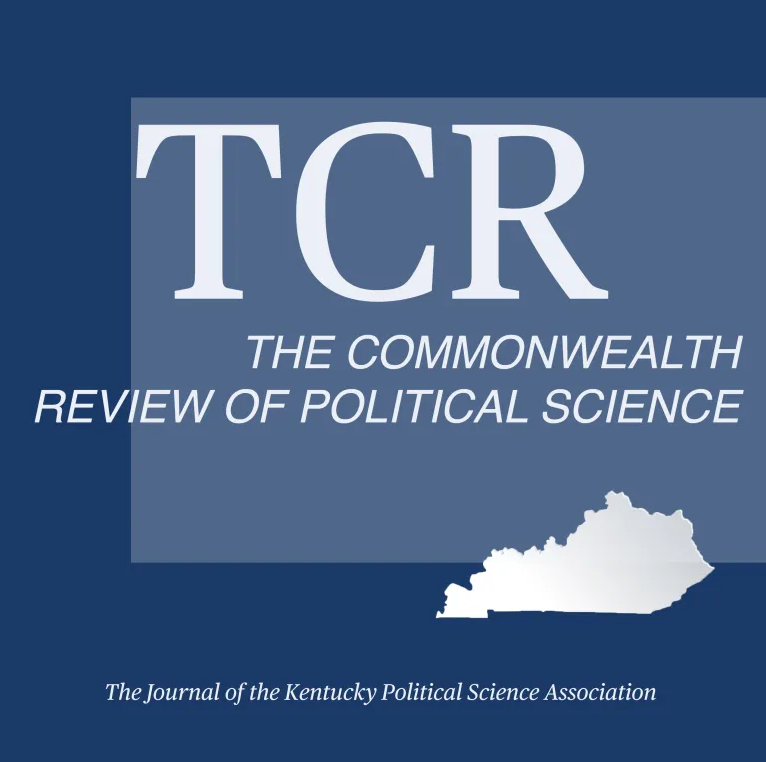Commonwealth Review of Political Science

Abstract
In 1967 a military junta took over Greece, silencing the democratic process in Democracy’s birthplace with the tacit approval of Democracy’s heir apparent, the United States of America. The tolerance, if not support, of Greek-American institutions to the establishment of the Greek Junta and the U.S. government’s support for that regime offers a case study of why democratic publics accept, if not bolster, their own government’s support for anti-democratic regimes. This case offers an intriguing juxtaposition because of the historical claims that U.S., Greek, and Greek diaspora identities make on democratic practice and commitment. This study examines how junta-tolerant Greek Americans rationalized support for the Greek regime and pro-junta U.S.-government actions. Viewed in the context of twentieth-century conservatism, the white ethnic revival and Cold War considerations, this case complicates our understanding of immigrant assimilation and ethnic identity formation, enhances our understanding of relationships between immigrant groups and Cold War politics, and reframes our understanding of U.S. political culture. Ultimately, it suggests that there is a realist vein in U.S. public life and a willingness on the part of Americans to tolerate their government’s support for anti-democratic regimes.
Recommended Citation
Koulisis, Olga
(2023)
"Democracy for Some: Greek-American Institutions and the Greek Junta, 1967-1974,"
Commonwealth Review of Political Science: Vol. 6:
No.
1, Article 4.
DOI: https://doi.org/10.61611/2994-0044.1044
Available at:
https://digitalcommons.murraystate.edu/crps/vol6/iss1/4
Included in
History Commons, Political Science Commons, Psychology Commons

